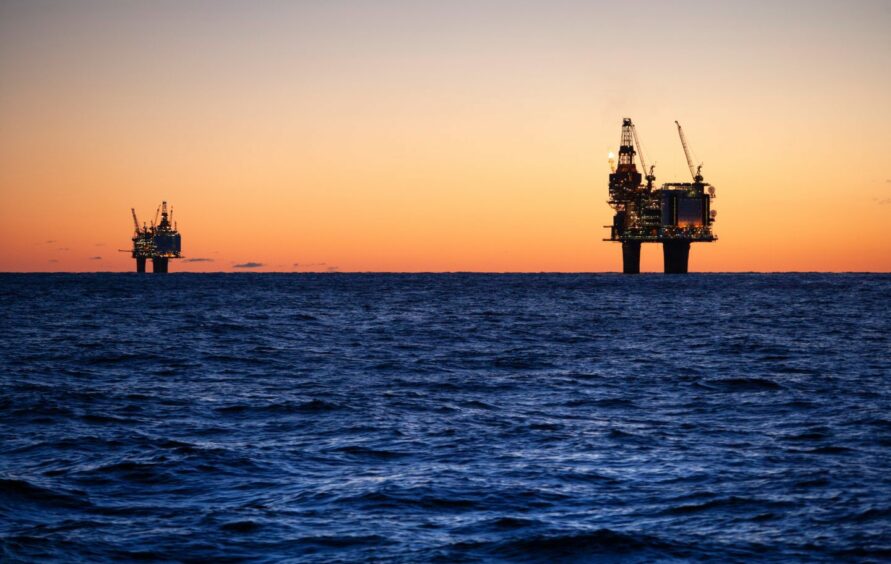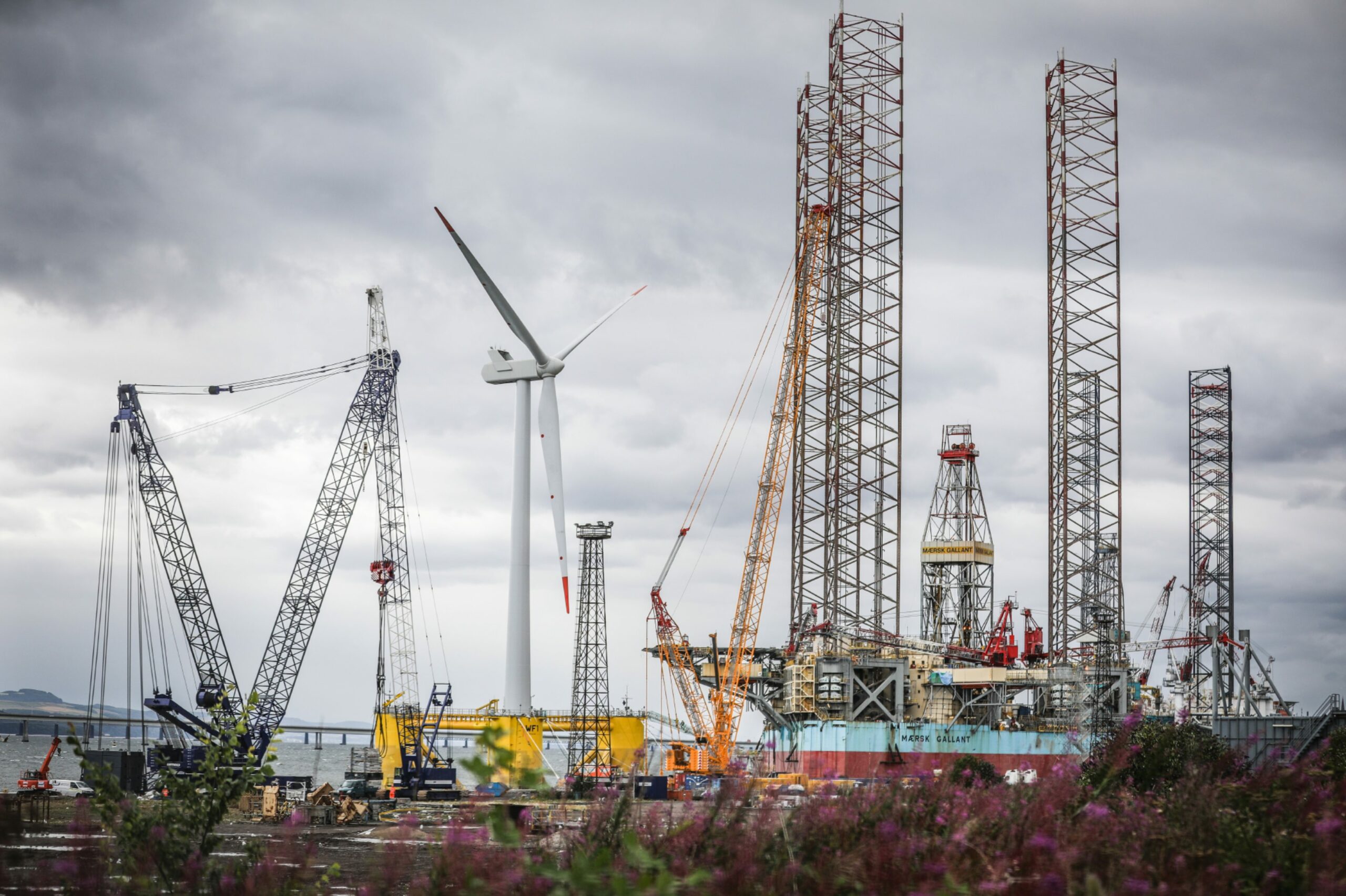
UK homes switching to heat pumps and electric vehicles would do more for energy security and reducing import dependence than new North Sea oil and gas, according to a new report.
Analysis by the Energy and Climate Intelligence Unit (ECIU) found UK homes could reduce their dependence on foreign energy imports by 80% by 2030 by making the switch, alongside better insulation and increasing renewable energy production.
The ECIU said an average British home currently relies on imports for around two thirds of its energy usage.
This is mainly due to foreign fossil fuel imports for petrol cars, gas boilers and gas powered electricity stations.
The ECIU said focusing on reducing fossil fuel demand and ramping up renewables could mean a British household requires just 3.4MWh of imported energy in 2030.
That equates to an 80% reduction compared to a typical household in 2024.
Without these measures, the ECIU said due to the “inevitable decline” of North Sea oil and gas “irrespective of whether exploration continues”, a typical home would import 3MWh more energy in 2030, a rise of 20% compared to 2024.
Comparing the two scenarios, the energy usage of the “net zero” household supported by UK renewables would be almost 85% lower by 2030 according to the ECIU analysis.
‘Energy patriotism’
ECIU head of analysis Dr Simon Cran-McGreehin said not focusing on increasing renewables means “you’re not focused on energy independence”.
“If you want your home to be ‘energy patriotic’, running off more homegrown British energy, then electric heat pumps and EVs powered by British renewable electricity will cut your foreign energy dependence massively,” he said.
“New exploration in the North Sea is largely irrelevant for energy security, likely to make only a very marginal difference, and certainly not to bills given prices are largely set internationally.”
Dr Cran-McGreehin said the next UK government has a “real opportunity” to help British households make the switch to renewables.
“With the International Energy Agency predicting a glut of oil in the next five years and the North Sea being an expensive basin to operate in, any new drilling simply may not be competitive as oil prices plummet,” he said.
Licensing and offshore supply chain
According to trade association Offshore Energies UK (OEUK), 70% of demand on the offshore energy supply chain is servicing oil and gas activity.
OEUK forecasts this is likely to be the largest source of activity until at least 2026/27, the point when offshore wind and carbon storage project activity could ramp up significantly.
OEUK warns ending new licensing will hamper investment in the offshore supply chain required for the rollout of renewables projects.
Similarly, a drilling industry body recently warned the viability of UK renewables projects is at risk due to the exodus of drilling rigs from the North Sea.
Offshore industry representatives argue future North Sea exploration licences are an important factor in improving overall UK energy independence and security.
Meanwhile, a recent report from Robert Gordon University in Aberdeen warns tens of thousands of Scottish jobs rely on achieving a successful clean energy transition, which in part requires sustained activity in the North Sea oil and gas sector.
Recommended for you


 © Supplied by Orsted
© Supplied by Orsted © Kris Miller
© Kris Miller